May 2022
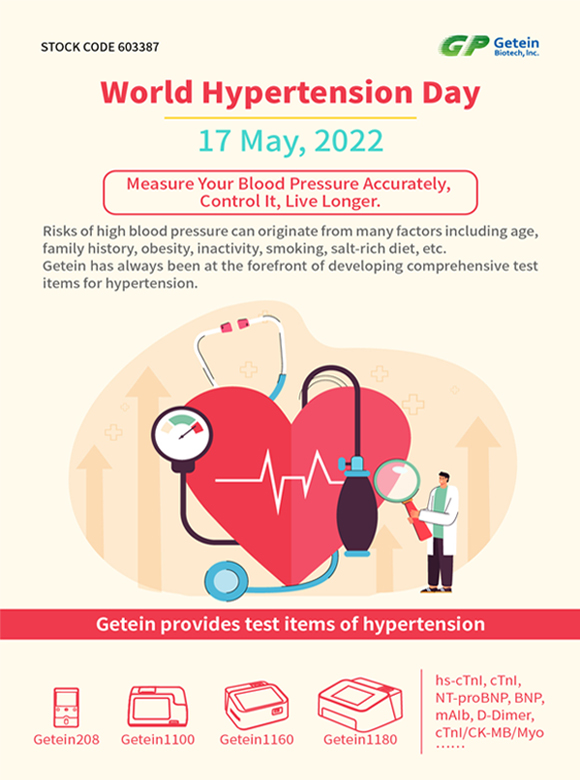
This year is the 18th International Hypertension Day, with the theme Measure Your Blood Pressure Accurately, Control It, Live Longer.
The prerequisite for effective control to extend your life is to know about hypertension.
So what do you need to know? Let's take a look.
What is hypertension?
Hypertension (hypertension) is a clinical syndrome characterised by increased arterial blood pressure in the circulation (systolic blood pressure ≥ 130 mmHg and diastolic blood pressure ≥ 80 mmHg), which may be accompanied by functional or organic damage to the heart, brain, kidneys and other organs.
5-10% of hypertension is secondary hypertension, caused by endocrine, renal or vascular diseases.
About 90% of hypertension is essential hypertension of unknown aetiology.
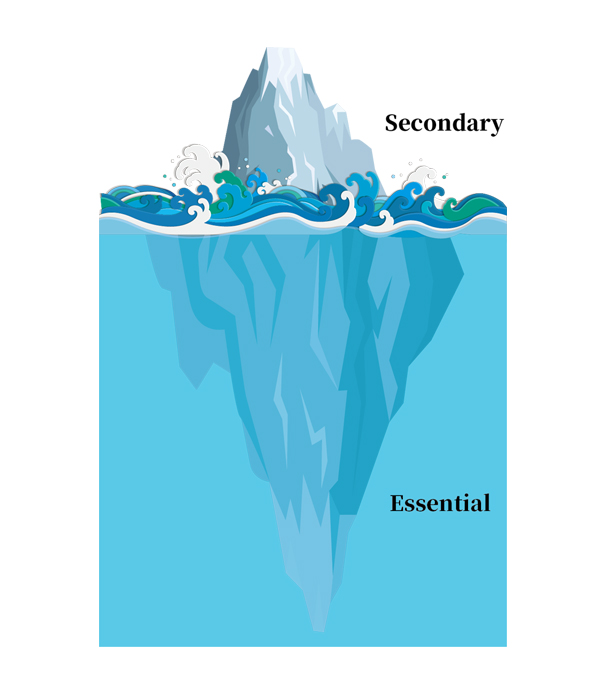
The prevalence and dangers of hypertension
Hypertension is the most common disease of the cardiovascular system in humans. It is a significant risk factor for coronary heart disease, myocardial infarction, stroke, renal insufficiency, and even death, which causes high rates of disability and death and a severe drain on medical and social resources and a heavy burden on families and the nation. Hypertension is a preventable and controllable disease. Reducing blood pressure levels in patients with hypertension can significantly reduce stroke and cardiac events, greatly improve patients' quality of life, and effectively reduce the burden of disease. Hypertension is a disease that is closely related to lifestyle. With urbanisation and mechanisation, the number of hypertensive patients will only increase.
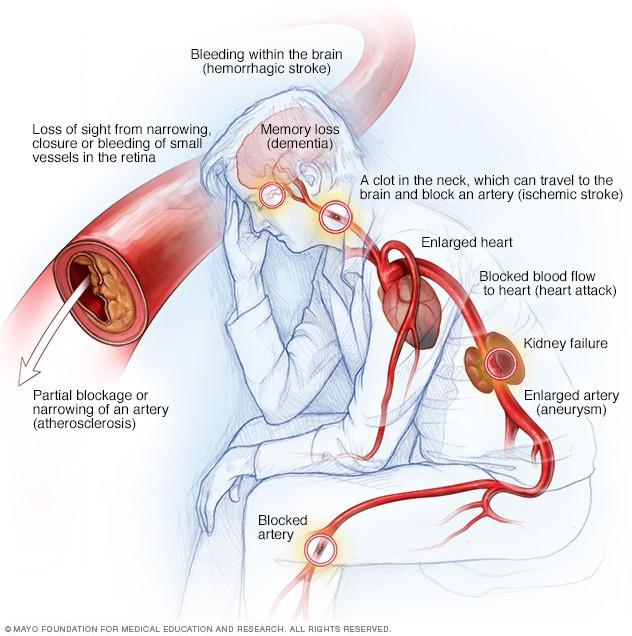
Therefore, when an occasional check-up reveals an increase in blood pressure, or symptoms such as dizziness, headache, blurred vision, tinnitus, insomnia, weakness, tightness in the neck, palpitations and lack of concentration, it is advisable to take further diagnostic measures to help determine the course of the disease.
To help control hypertension
1. Rational diet
(1) low salt diet: can lower systolic blood pressure by 2-8 mmHg;
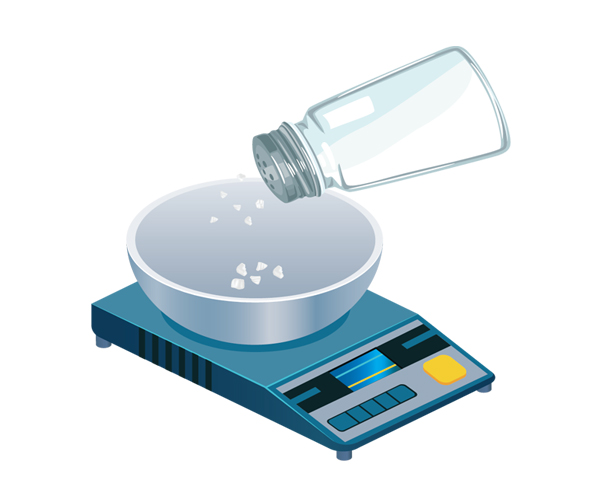
(2) low-fat diet;
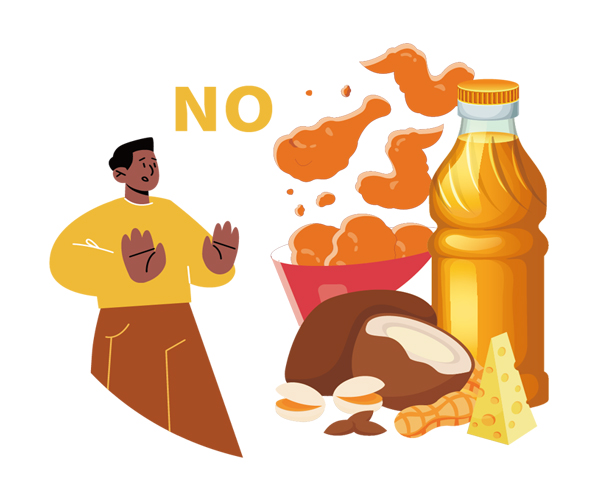
(3) low-calorie diet.

2. Moderate exercise
Gradual, moderate and regular exercise can reduce systolic blood pressure by 4-9 mmHg.
(1) Form of exercise: aerobic exercise is advocated;

(2)Time of exercise: an exercise in the evening rather than in the morning is appropriate for hypertensive patients because blood pressure fluctuates in the morning, and exercise in the morning can cause a sharp rise in blood pressure and trigger cardiovascular and cerebrovascular events.

3. Weight control
BMI should be controlled to below 25 kg/m2.
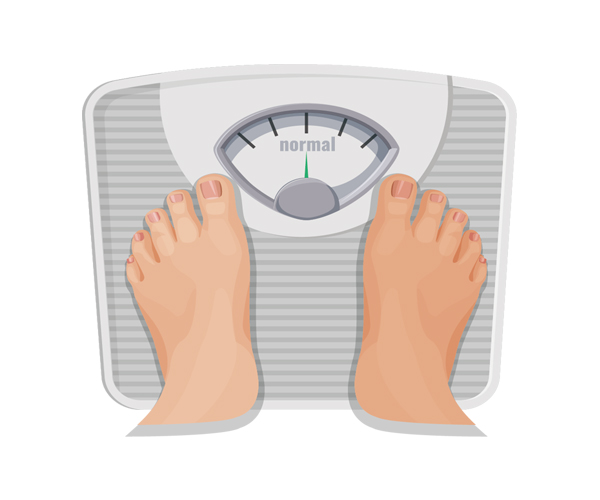
4. Quit smoking and limit alcohol
(1) Smoking increases the risk of heart disease by 2-4 times;
(2) limiting alcohol can lower systolic blood pressure by 2-4 mmHg, with different daily limits for different types of alcohol.
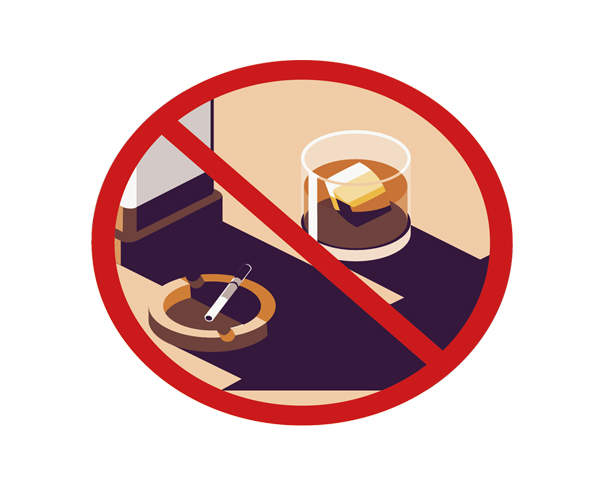
5. Live a regular life and have a happy spirit


Open WeChat and Scan the QR Code. Stay Tuned with Us.